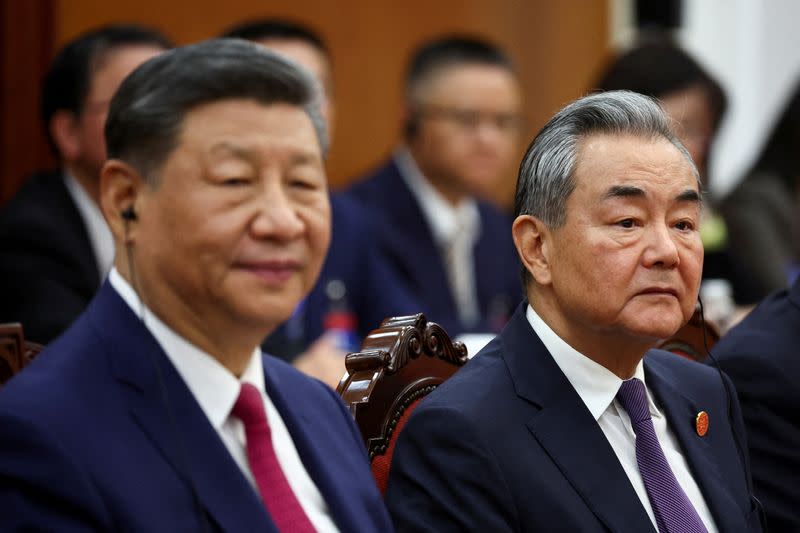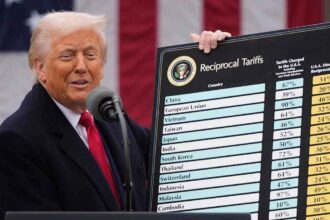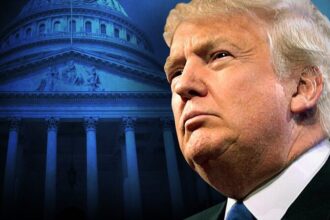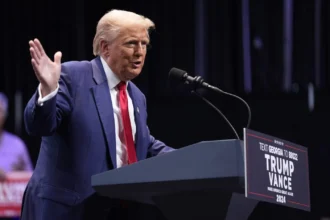China’s Foreign Minister Wang Yi strongly criticized U.S. trade policies on Saturday, calling Washington’s tariffs a display of “extreme egoism” and vowing that China would stand with other nations against economic bullying.
Speaking during a regional diplomatic meeting in Kazakhstan, Wang said China opposes all forms of protectionism and supports a global rules-based trade system.
According to a statement from China’s Foreign Ministry, Wang emphasized that Beijing would not bow to pressure and would work with other countries to defend multilateral trade norms.
His remarks come in response to comments by U.S. President Donald Trump, who claimed in a Friday interview that new tariff negotiations were underway with China.
Beijing quickly dismissed that claim, saying no such talks were happening—highlighting the ongoing confusion and mistrust in the fractured U.S.-China relationship.
“The actions of some countries reveal nothing but extreme egoism and bullying,” Wang said, without naming the U.S. directly. “China will work with the international community to uphold fairness and justice.”

READ ALSO: Kim Jong Un Unveils New Warship, Accuses U.S. of Provoking Conflict
During a separate meeting with Uzbekistan’s Foreign Minister Bakhtiyor Saidov, Wang reiterated China’s commitment to multilateralism and its desire to be a source of global stability.
He stressed that China’s foreign policy seeks to bring countries together rather than divide them.
Trade tensions between the U.S. and China have been simmering for years, flaring up again under Trump’s renewed focus on tariffs as a tool of economic leverage.
Trump has suggested that increasing tariffs on Chinese goods would force Beijing back to the negotiating table and protect American industries.
But China appears unwilling to re-enter talks under pressure, instead positioning itself as a global defender of free trade and criticizing what it sees as unilateral and damaging actions by the U.S.
The standoff has reignited concerns about the impact of a prolonged trade war on global economic growth and supply chains already under stress from political instability and geopolitical rivalries.















